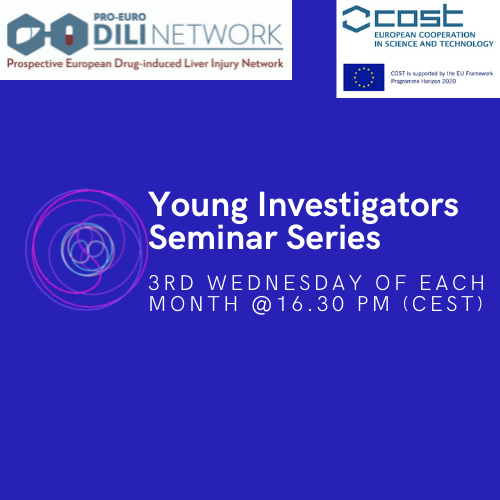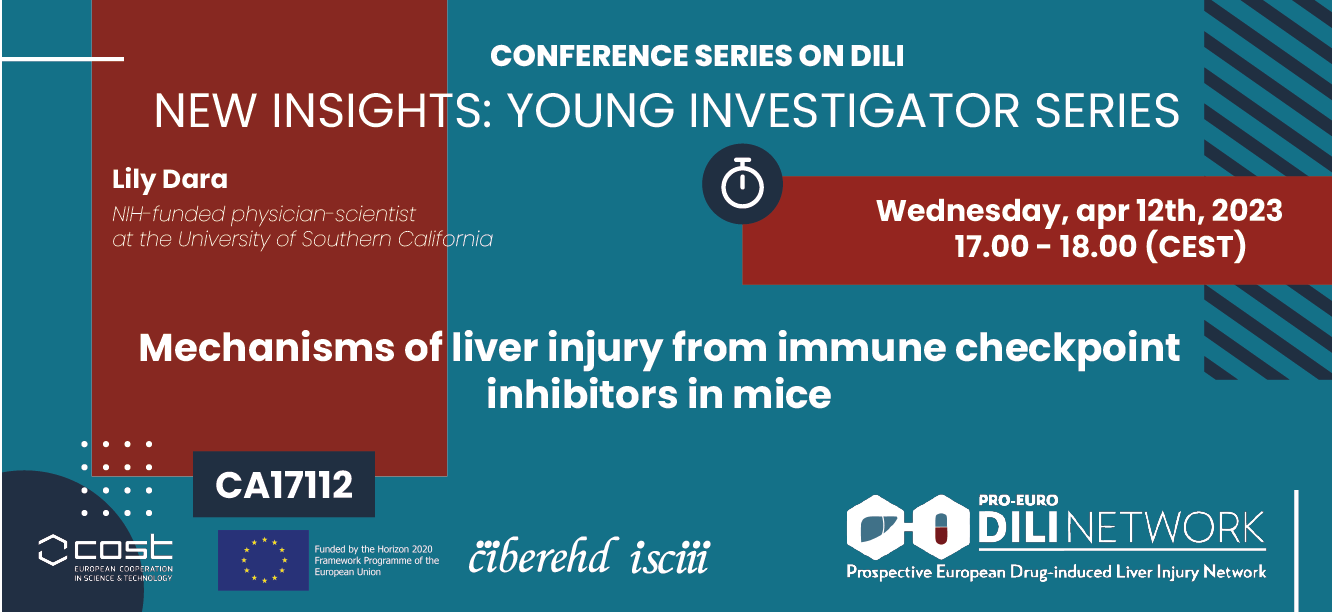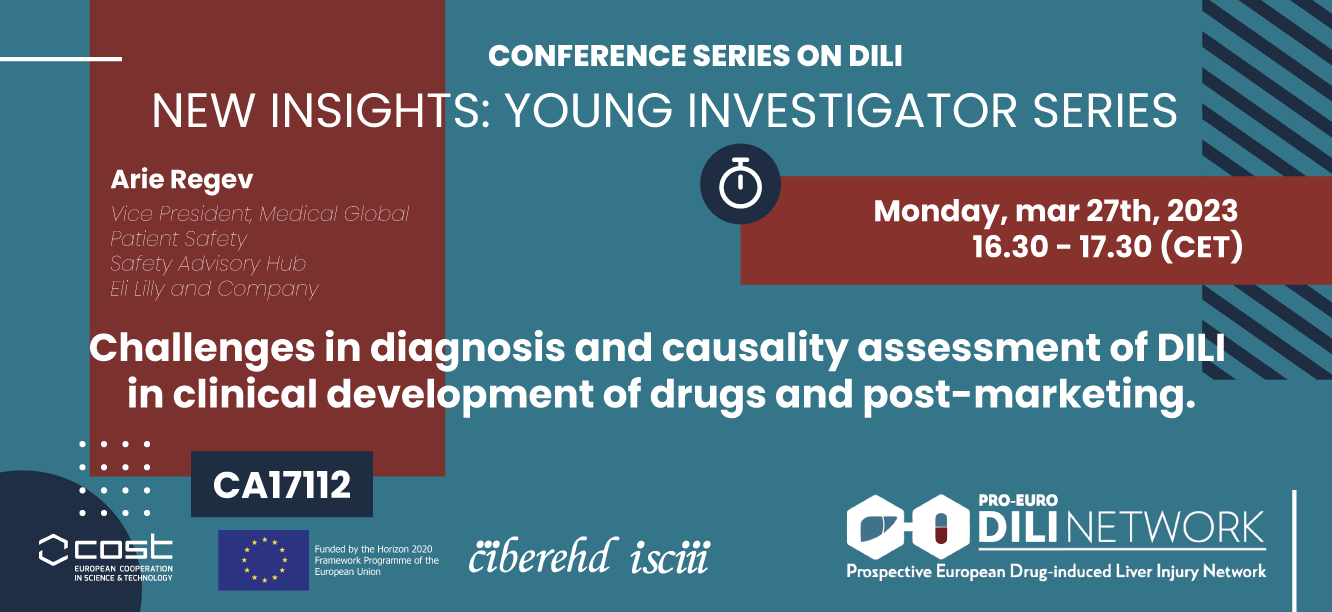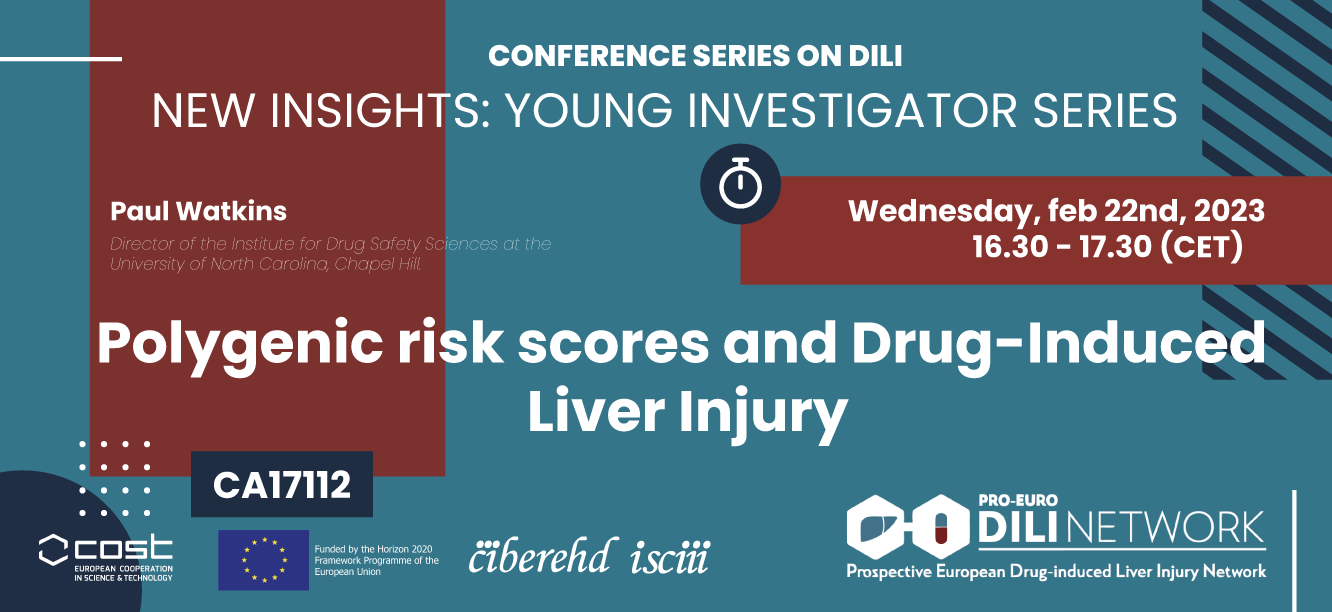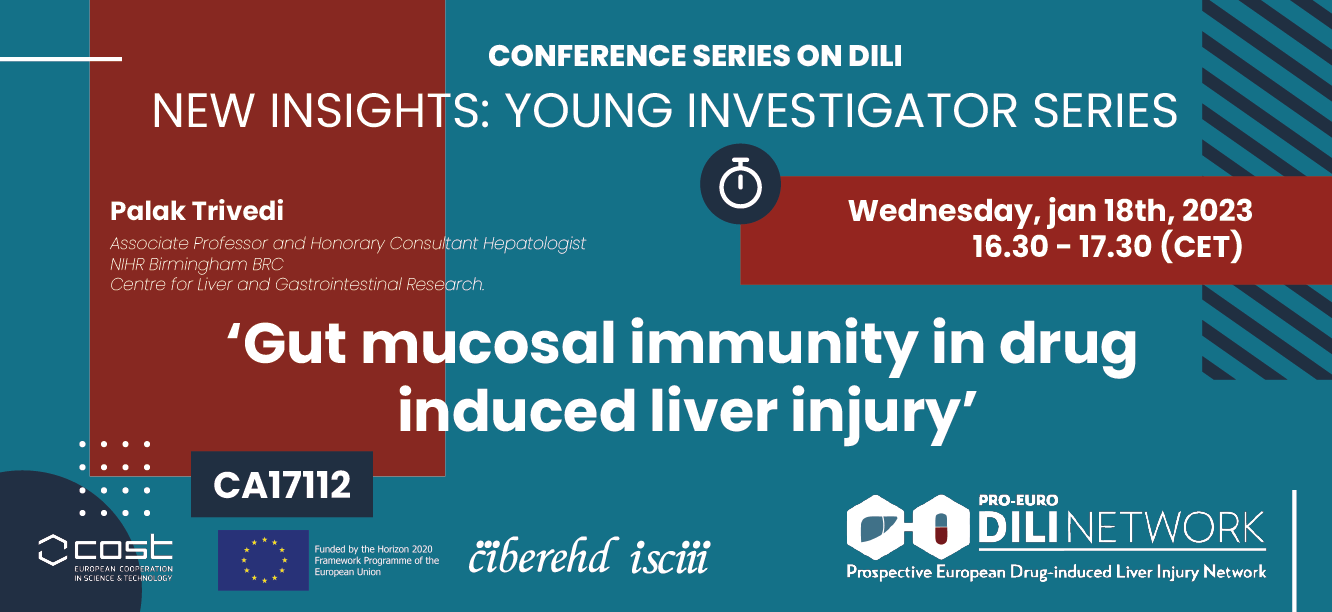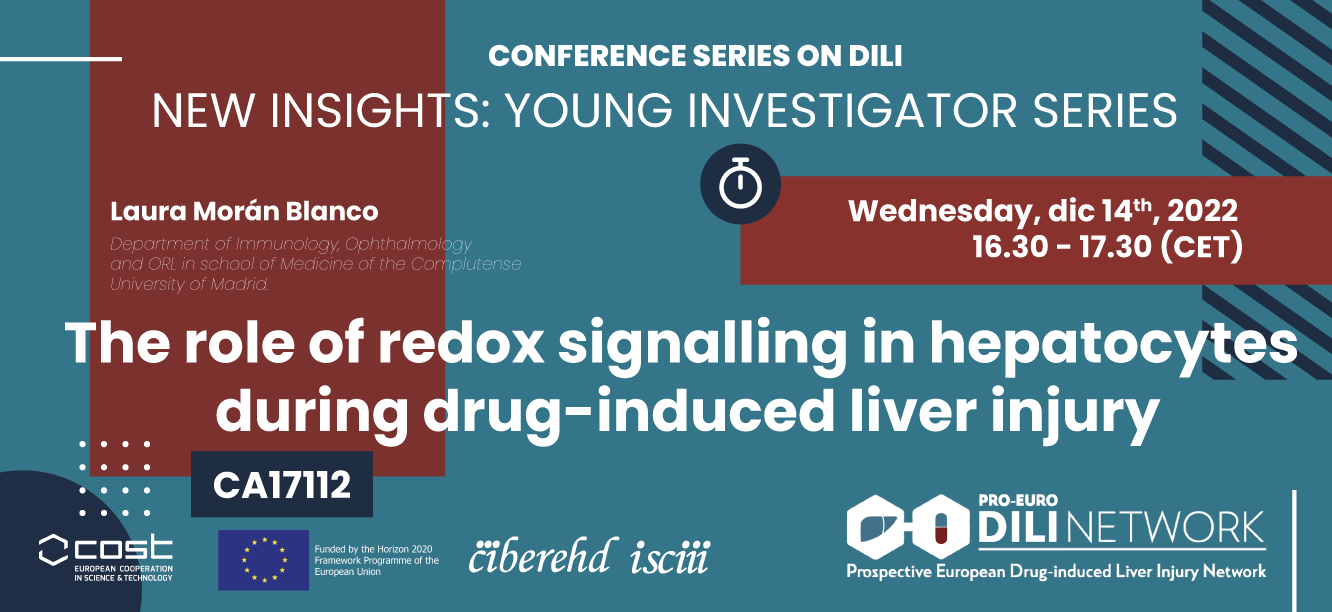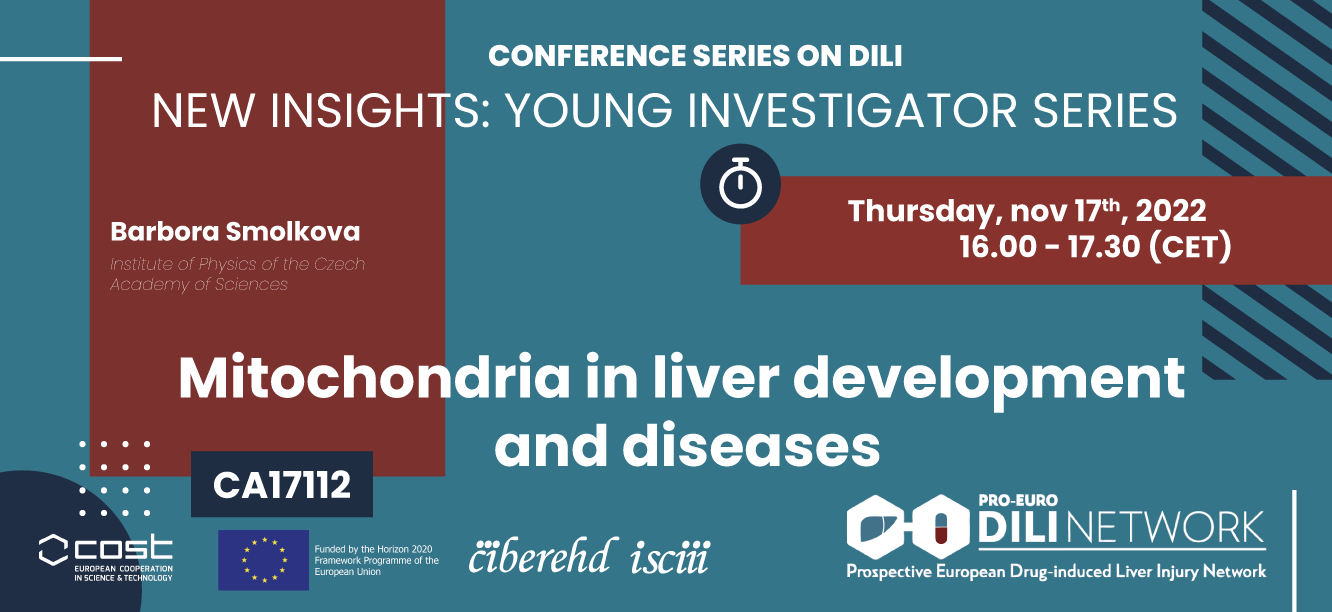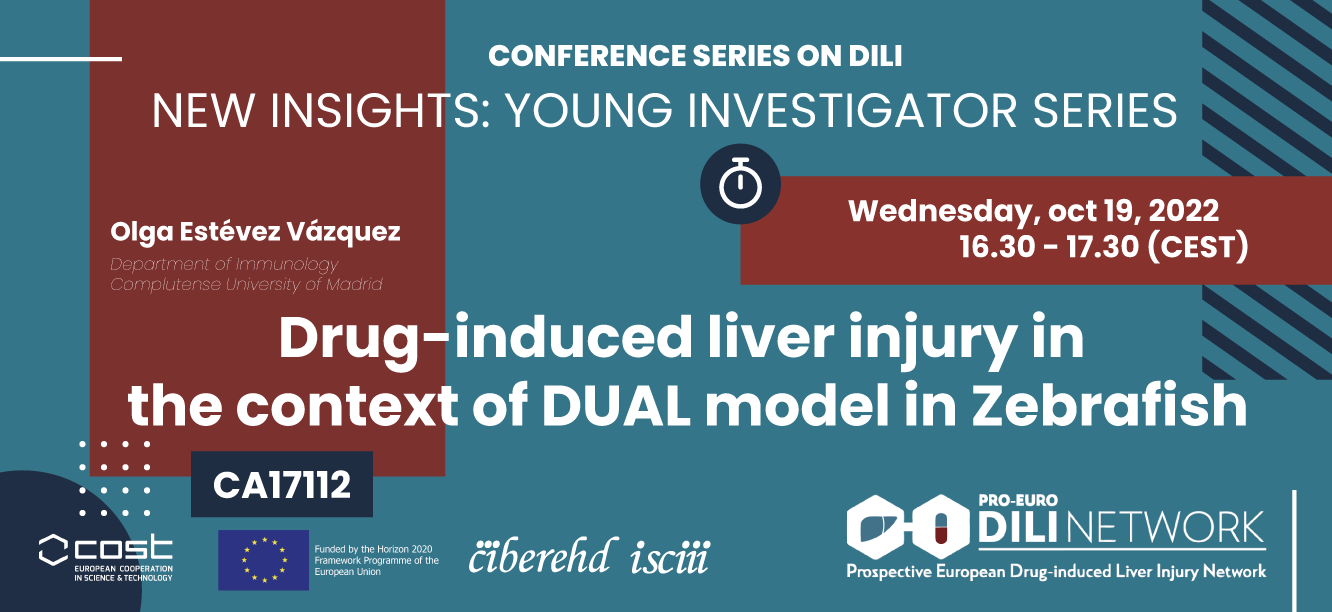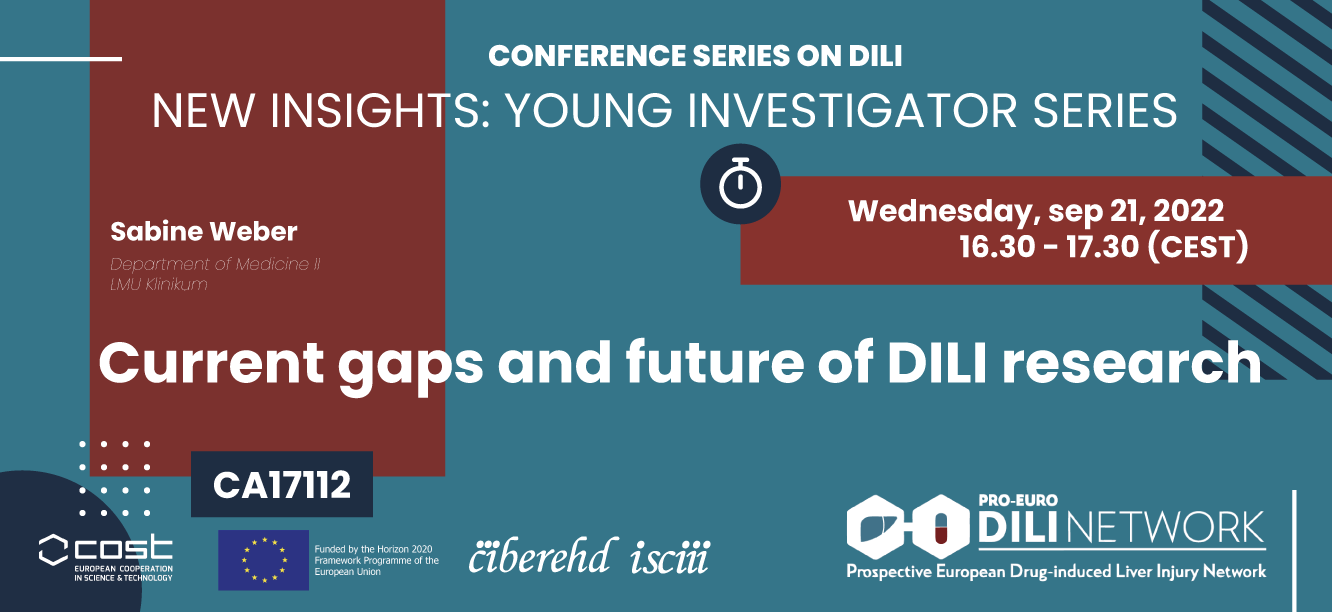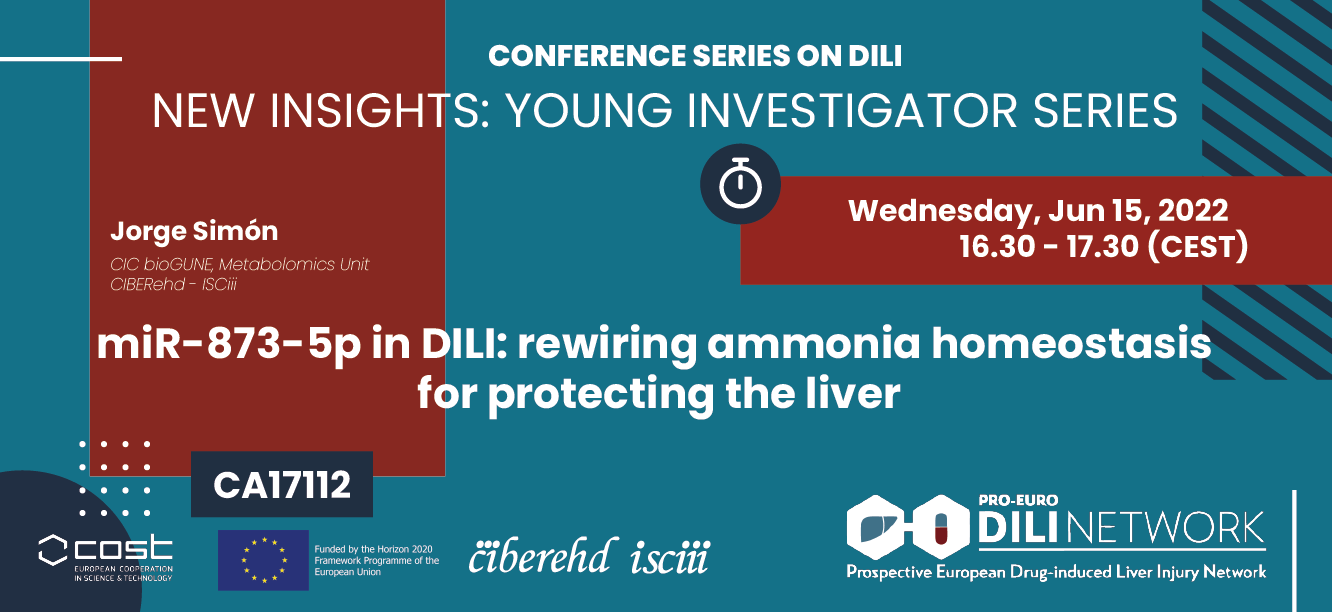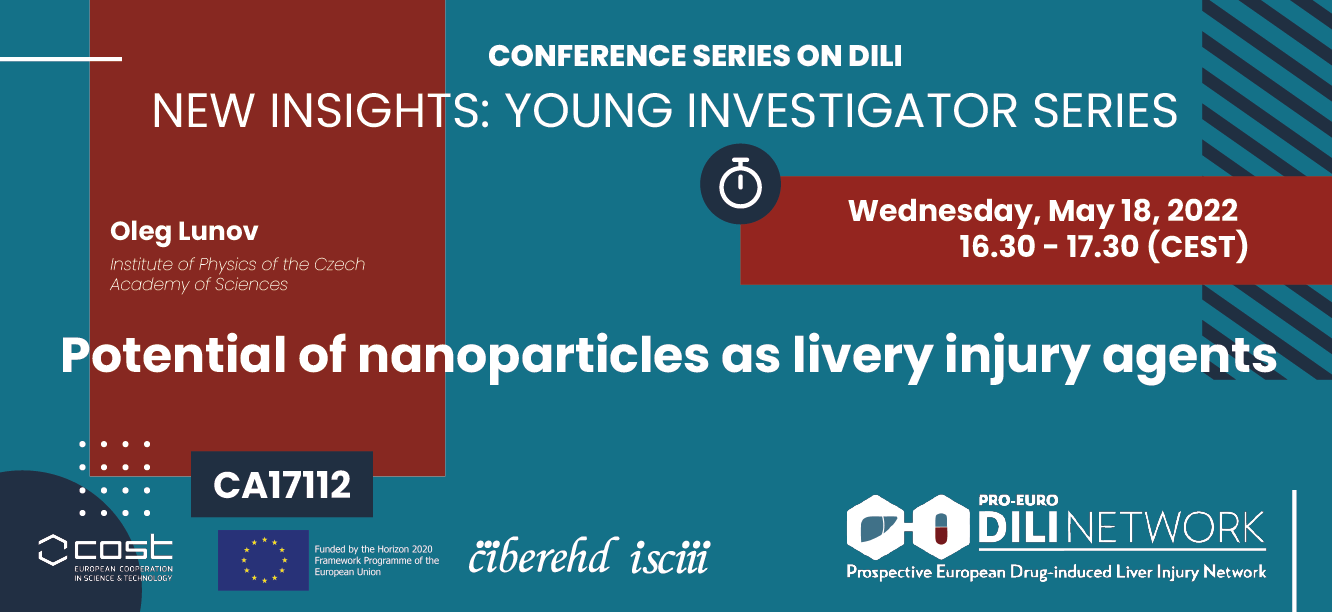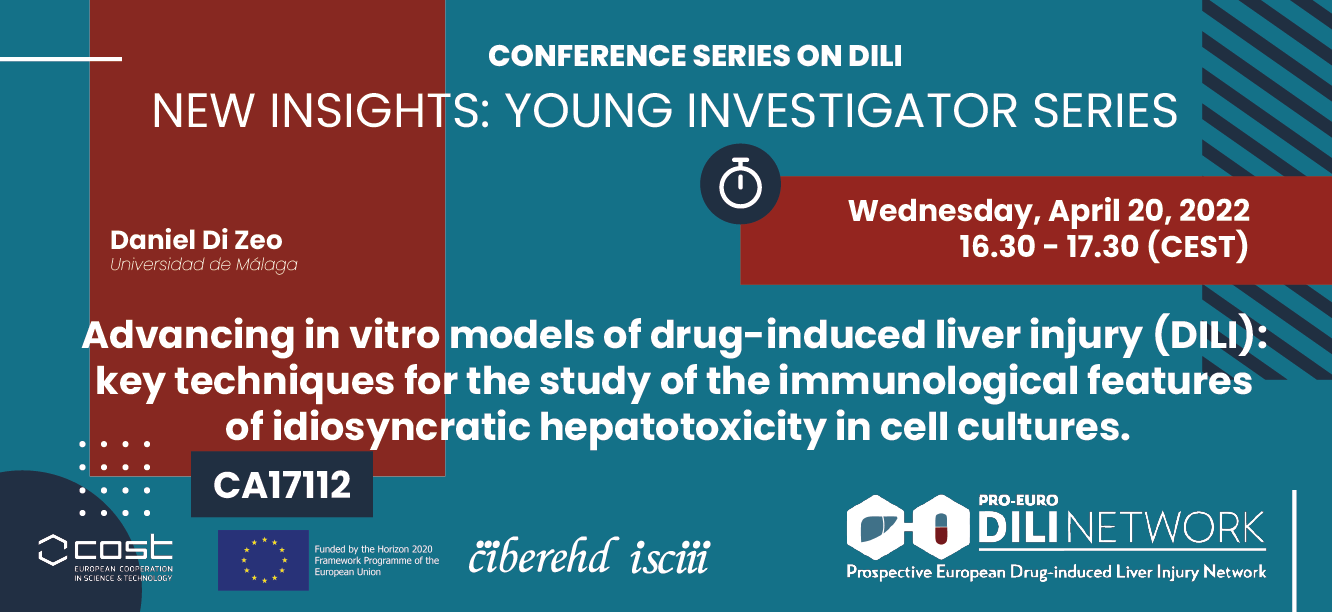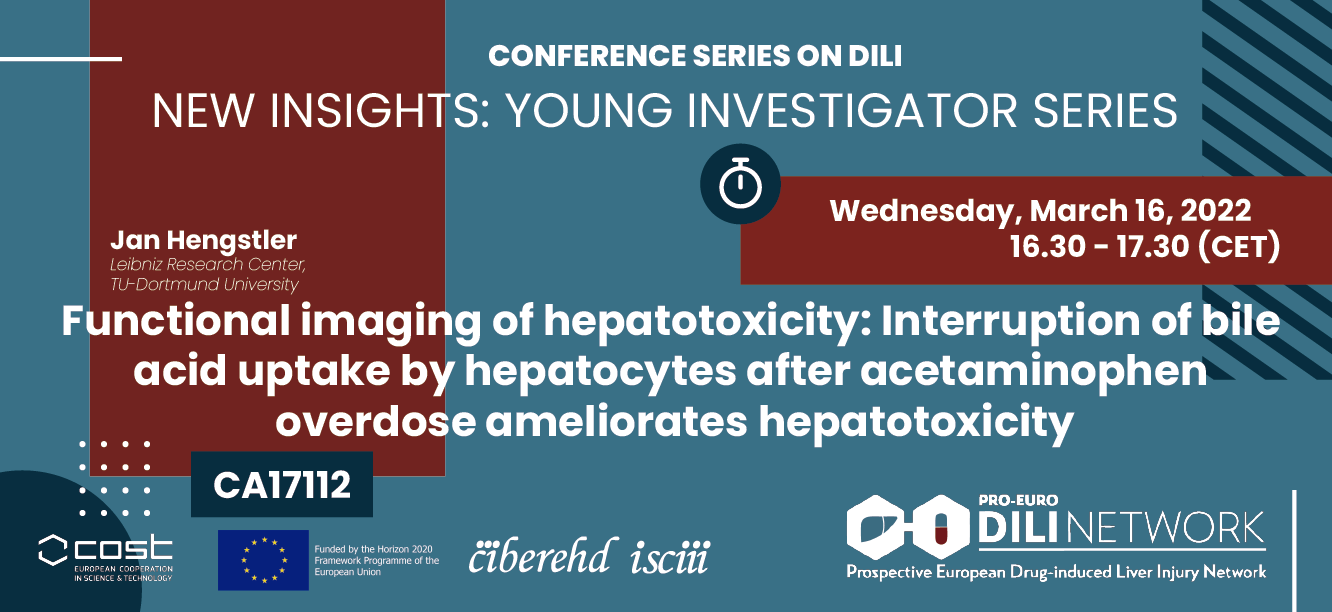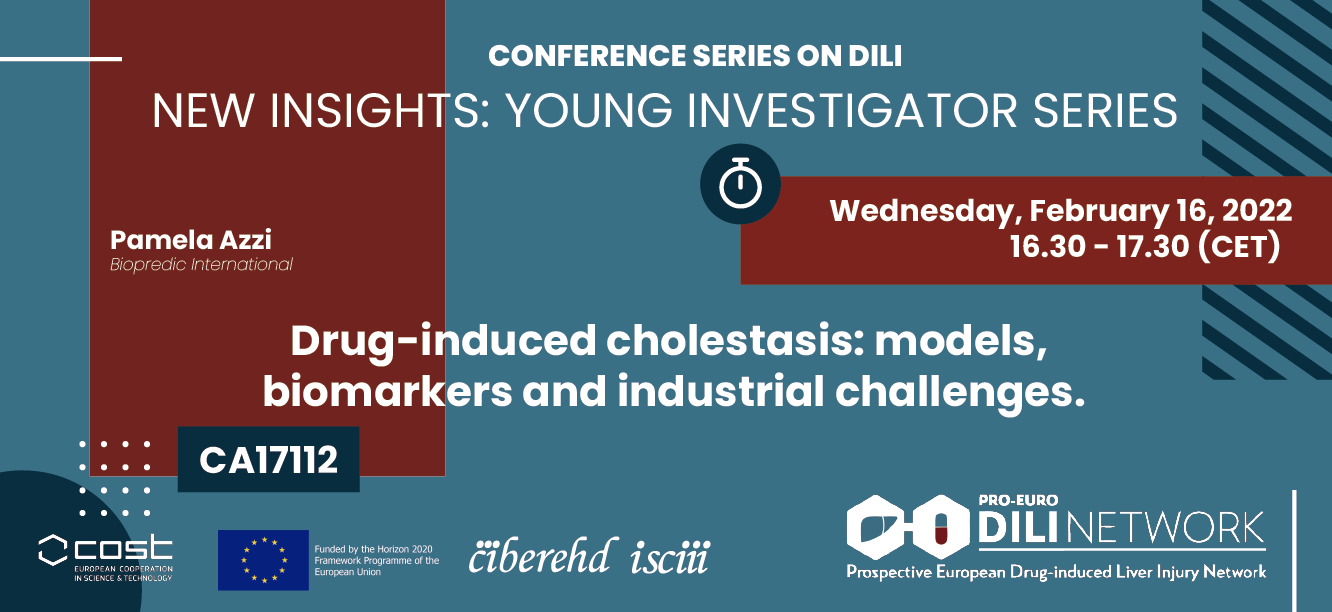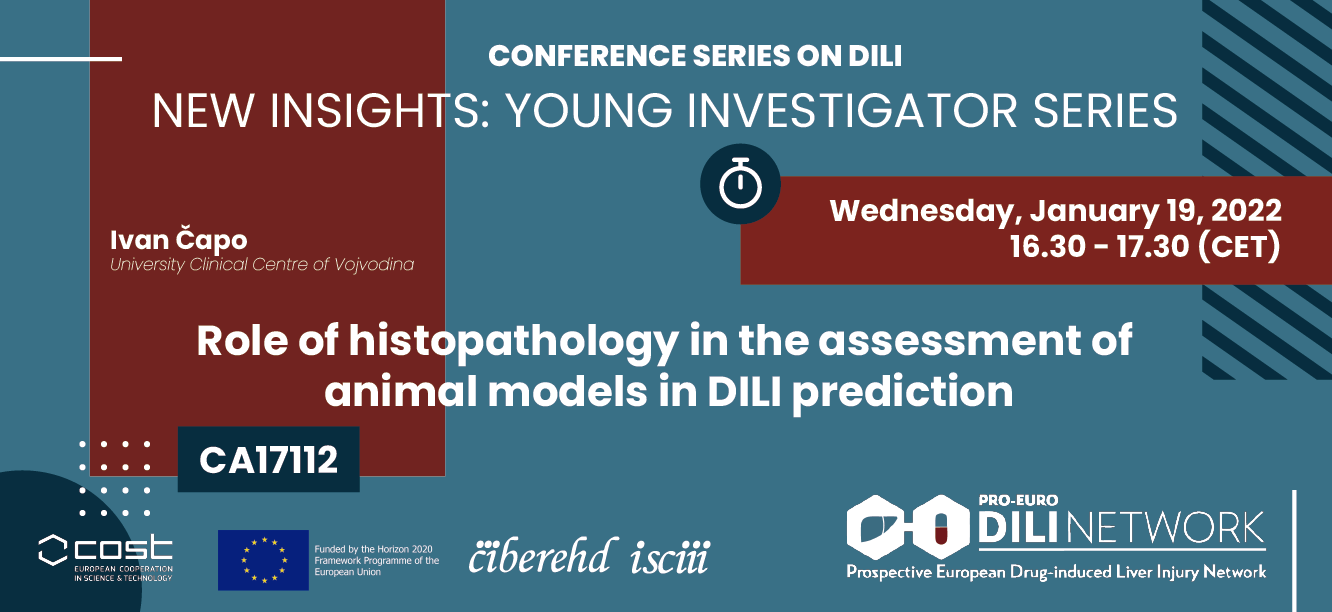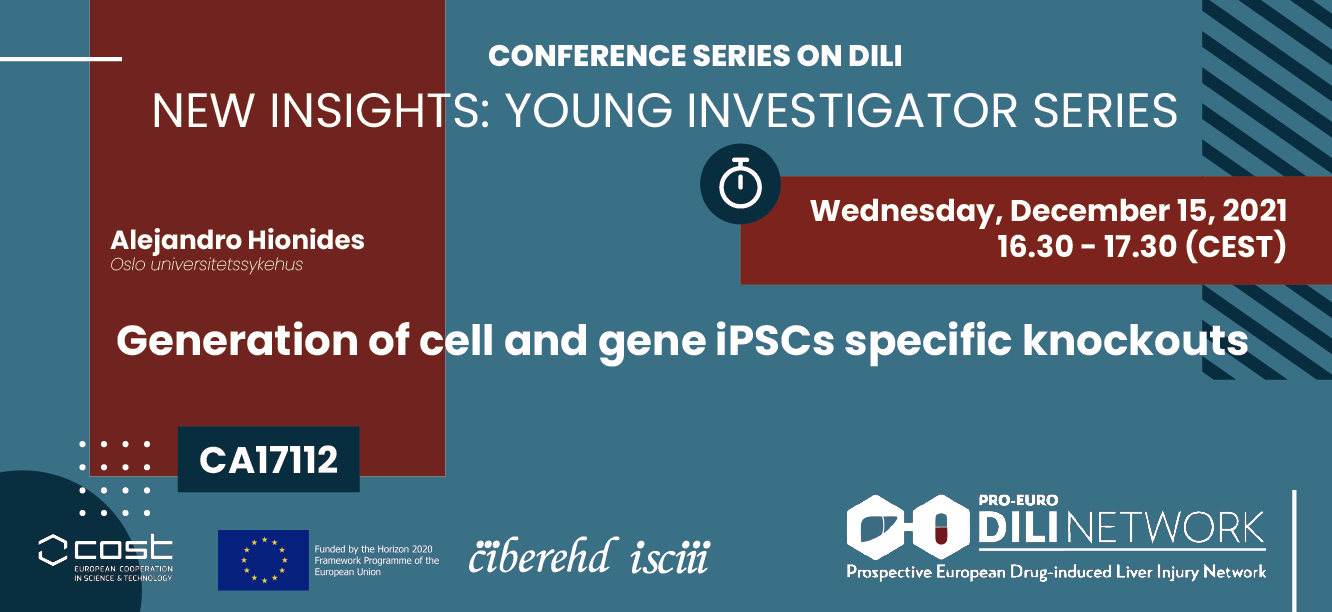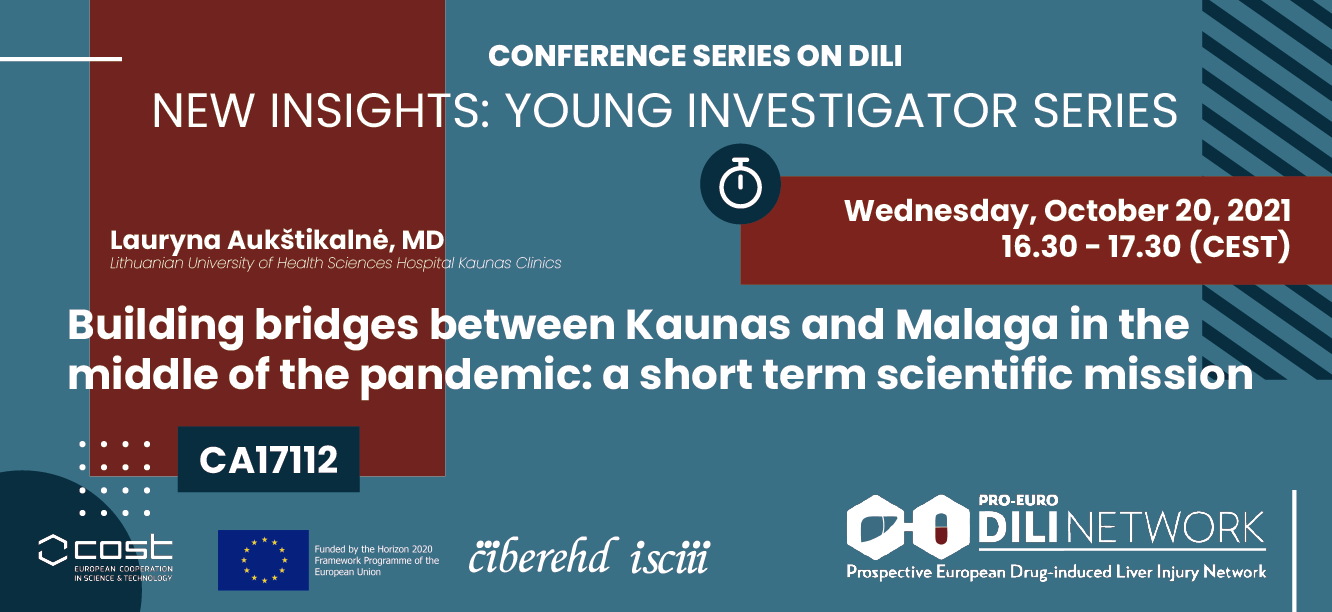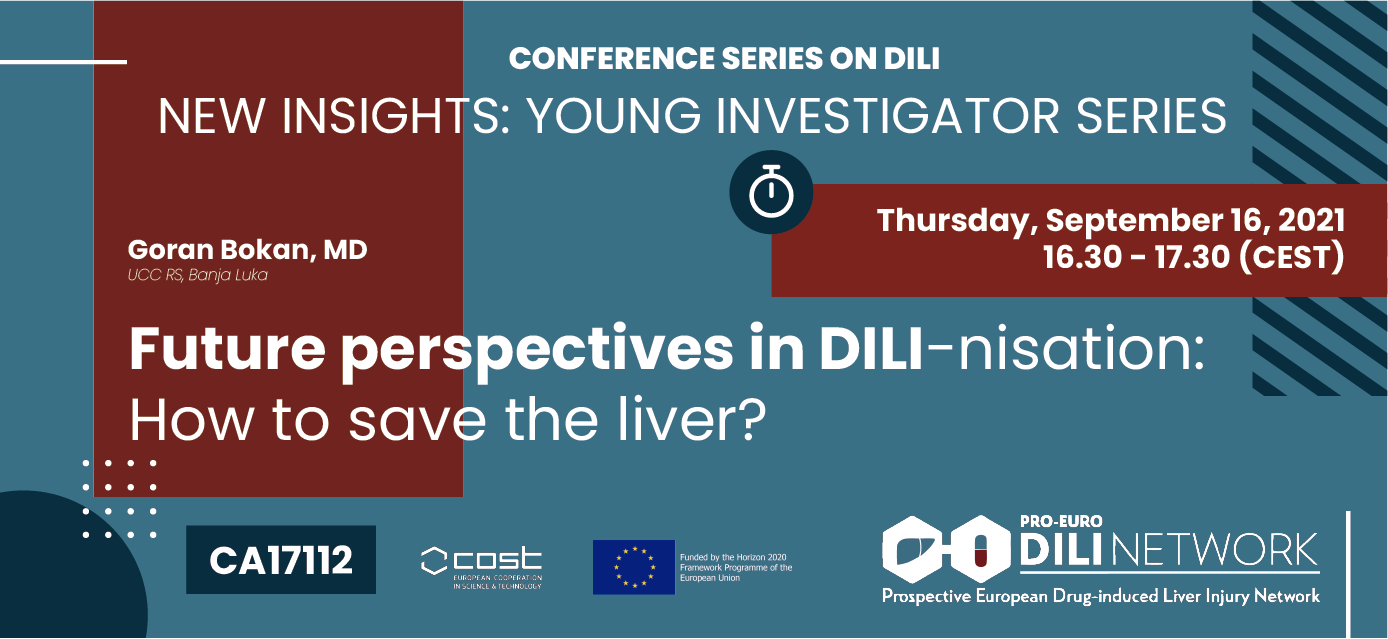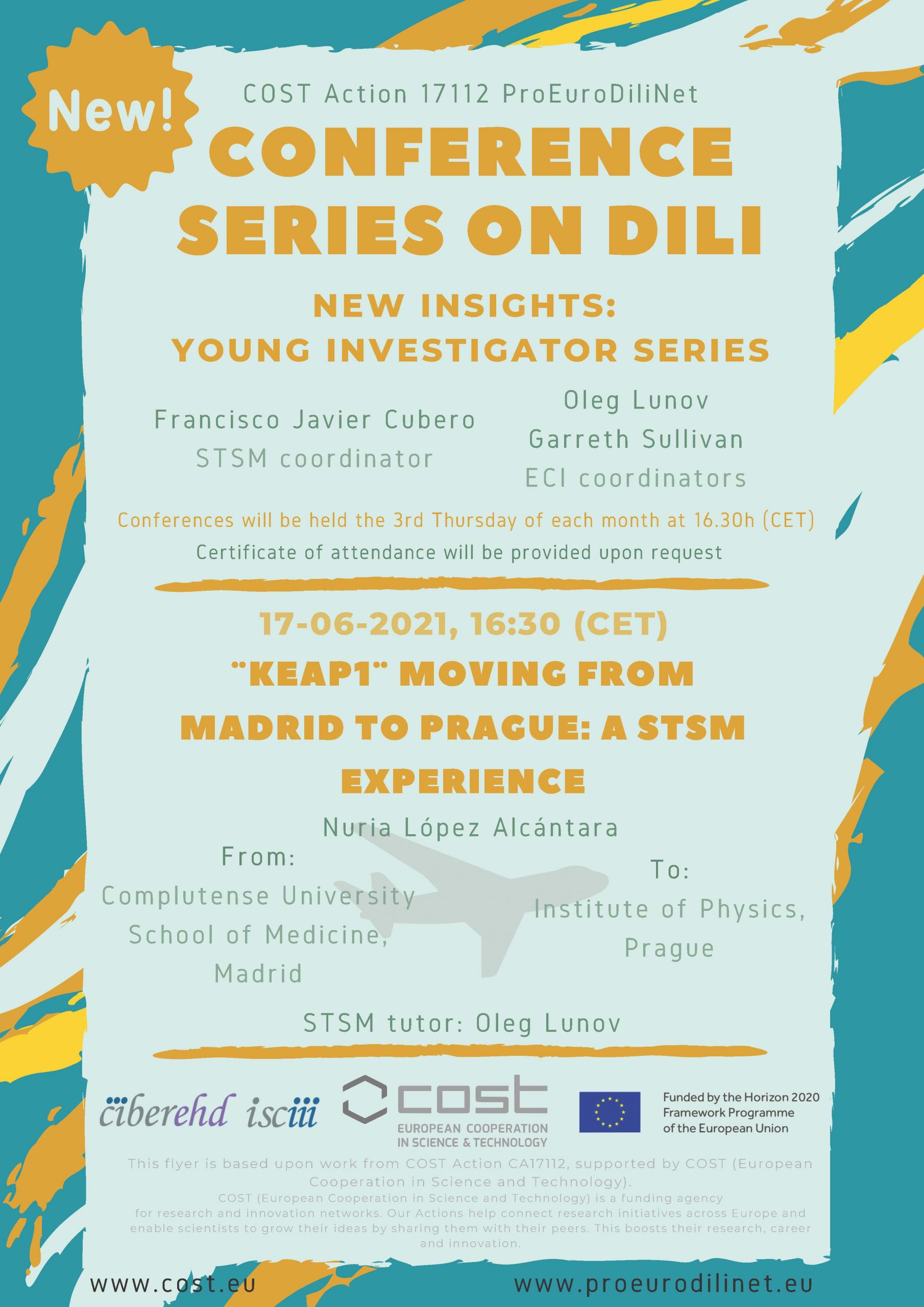| Lily Dara is an NIH-funded physician-scientist at the University of Southern California with a research interest in Drug-Induced Liver Injury and Autoimmune Liver Diseases including autoimmune hepatitis (AIH) and primary biliary cholangitis (PBC). She is a graduate of Shahid Beheshti University of Medical Sciences in Tehran, Iran. She completed residency and Chief residency at Griffin Hospital in CT, a Yale affiliated program. She became interested in liver disease during her residency while rotating on the Yale Liver Service, which led her to the laboratory of Dr. Neil Kaplowitz during fellowship. In the Kaplowitz lab she studied the mechanisms of hepatocyte cell death during acetaminophen- induced acute liver injury with a focus on necrosis, apoptosis, and necroptosis signaling. She is a tenure track Assistant Professor of Medicine and currently studies cell death subroutines in various forms of hepatotoxicity and immune-mediated liver injury such as immune checkpoint inhibitors (ICIs) using basic mouse models and translational approaches. Her clinical research is focused on drug-induced hepatotoxicity, AIH, PBC, and their variant syndromes. She reviews manuscripts for multiple journals and serves on the editorial board of Gastroenterology, is the Vice Chair of the AASLD Hepatotoxicity SIG, and is a member of the study section of the AASLD foundation, the Research Awards Committee. |
See the video here
Date: 12th April 2023, at 17.00h (CEST)
Guest: Lily Dara, University of Southern California (USA)
Dr. Arie Regev is a gastroenterologist and hepatologist. He is Vice President of Medical Global Patient Safety at Eli Lilly and Company. He heads Eli Lilly’s Safety Advisory Hub and is the chair of Eli Lilly’s Liver Safety Advisory Committee. Dr. Regev is an associate professor of medicine at the division of gastroenterology and hepatology of Indiana University School of Medicine. He is a co-chair of the Council of International Organizations of Medical Sciences (CIOMS) working group on Drug Induced Liver Injury (DILI). He is the founding co-chair of the IQ-DILI initiative. Prior to joining Eli Lilly, he was an associate professor of medicine and director of the hepatology training program of the University of Miami School of Medicine.
See the video here
Date: 27th March 2023, at 16.30h (CEST)
Guest: Arie Regev, MD, FAASLD
Dr. Paul Watkins is the Howard Q Ferguson Distinguished Professor of Medicine, Pharmacy and Public Health, and director of the Institute for Drug Safety Sciences at the University of North Carolina, Chapel Hill. He is a clinically trained hepatologist with long standing interest Drug-Induced Liver Injury (DILI). He serves as co-chair of the Steering and Executive Committees, and Chair of the Genetics Committee, for the U.S. Drug-Induced Liver Injury Network funded by the NIH. He founded, and now serves as chair of the Scientific Advisory Board for a public-private partnership (the DILI-sim Initiative) that is applying quantitative systems toxicology to understand and predict liver safety liabilities in new drug candidates. Dr. Watkins is one of the most highly cited authors in the field of pharmacology (ISIhighlycited.com). He is the recipient of numerous honors and awards including an NIH MERIT Award, the Rawls-Palmer Award for Progress in Medicine from the American Society for Clinical Pharmacology and Therapeutics, the Agilent Thought Leader Award, and the Career Award from the Toxicology Section of the American Society of Pharmacology and Experimental Therapeutics.
See the video here
Date: 22nd February 2023, at 16.30h (CET)
Guest: Dr. Paul Watkins
Dr. Trivedi is a Clinician Scientist in the National Institute for Health Research (NIHR) Birmingham Biomedical Research Centre (BRC), based at the University of Birmingham. Dr. Trivedi is a Consultant Hepatologist who has devoted his clinical and research career to studying immune-mediated and chronic cholestatic liver disease, specifically primary sclerosing cholangitis (PSC) and primary biliary cholangitis (PBC).
Palak is chief investigator for the UK-PSC consortium, and was elected chair of the British Association for Study of the Liver Special Interest Group (BASL SIG) for immune-mediated liver disease in 2018.
In this seminar, we will discuss how dysregulated mucosal immune responses contribute to the development and progression of drug-induced hepatobiliary injury. In so doing, we will further our understanding of the complex mechanisms that underpin and coordinate immune responses between the liver and gut, and how certain patterns of injury may be attenuated through targeting the gut microbiome, bile acid pathways, and trafficking of immune cells between afflicted sites.
See the video here
Date: 18th January 2023, at 16.30h (CET)
Guest: Dr. Palak Trivedi
Laura Morán Blanco is a PhD student in the laboratory of Dr Francisco Javier Cubero in the department of Immunology, Ophthalmology and ORL in School of Medicine of the Complutense University of Madrid. She was born in Gijón, Asturias, and studied Biology degree in the university of Oviedo. After that, she moved to Madrid to study for a master’s degree in Immunology in the Complutense University of Madrid, where she is developing her PhD
During her talk, she explained the project in which she was involved during the STSM in Prague, working in the laboratory supervised by Dr. Oleg Lunov in the Institute of Physics in Prague, Czech Republic. Her research has been focused on the role of redox signalling during drug induced-liver injury (DILI) through the use of an immortalized human cell line transfected with siKeap1.
See the video here
Date: 14th December 2022, at 16.30h (CET)
Guest: Laura Morán Blanco
Barbora Smolkova is Post-doctoral Researcher at The Institute of Physics in Prague, currently working in the Laboratory of Biophysics of Oleg Lunov. She was born in Slovakia and finished her Master degree in Molecular biology in Bratislava. After that she moved to Prague where she finished her Ph.D. in Oleg Lunov’s laboratory in May 2022. After graduation, Barbora moved to Oslo and joined the group of Gareth J. Sullivan at The Department of Pediatric Research of Oslo University Hospital for 7 months.
In her talk she described her work on the project during her scientific mobility internship in Oslo where she analysed the mitochondrial dynamics and function in iPSC-derived liver organoids. In recent years, organoids have shown great potential in many areas of fundamental and applied research such as models for studying development and disease and when combined with the use of patient- derived iPSC allow us to model specific disorders and potential treatments.
See the video here
Date: 17th November 2022, at 16.00h (CET)
Guest: Dr. Barbora Smolkova (Prague, Czechia)
Olga Estévez Vázquez, is a PhD student in the laboratory of Dra. Yulia A. Nevzorova in the department of Immunology of the Complutense University of Madrid. She was born in Vigo, Pontevedra, and studied her Biology degree in the University of Santiago de Compostela. After it, she has moved to Madrid to study a master degree in Biomedicine in the Complutense University of Madrid, were she is actually developing her PhD. Before joining Yulia’s group, she was doing an Erasmus + staying in the Pasteur Institute of Paris.
During her talk, she is going to explain the project in which she has been involved during her STSM in Turkey, working in the laboratories of Prof. Özlen Konü, at Bilkent University in Ankara and Dra. Gülçin Çakan in the Izmir Biomedicine and Genome Center (IBG) located in Izmir, Turkey. Her research has been focused on the development of a preclinical DUAL animal model (alcohol-associated liver disease plus metabolic-associated fatty liver disease) in zebrafish, and moreover its combination with acetaminophen (APAP).
This study will not only significantly increase our knowledge on the mechanisms of MAFLD-alcohol-DILI communication, but will also reveal possible future interventional strategies and significantly improving care of MAFLD patients.
See the video here
Date: 19th October 2022, at 16.30h (CET)
Guest: Dr. Olga Estévez Vázquez
PD Dr. med. Sabine Weber, is a medical doctor and has been practicing in the university hospital of Munich for approximately seven years now. Currently, she is a resident in the department for gastroenterology and hepatology. In addition to her work as a clinician she has been focusing on clinical studies mainly on drug-induced liver injury but also on other liver diseases such as COVID-induced hepatitis, autoimmune hepatitis, Wilson’s disease and primary sclerosing cholangitis. Since this summer she has officially become a university lecture.
See the video here
Date: 21st September 2022, at 16.30h (CEST)
Guest: PD Dr. med. Sabine Weber
Dr. Jorge Simon Espinosa is a postdoctoral researcher in the Liver Disease Lab from CIC bioGUNE, led by Dr. Malu Martínez-Chantar. Dr. Simon is specialized in the study of metabolic alterations that drive to liver diseases, with publications in high-impact journals such as Cell Metabolism or Journal of Hepatology. Among his works, the role of glutaminase 1 (GLS1) and cyclin M4 (CNNM4) have been elucidated as potential triggers of non-alcoholic steatohepatitis (NASH) development and progression. His current research is focused on further elucidating the role of ammonia and CNNM4-mediated magnesium perturbations in other liver diseases.
Particularly, in the next session Dr. Simon will describe his work recently published as co-corresponding author (DOI: 10.3390/antiox11050897). There, Rodríguez-Agudo & Goikoetxea-Usandizaga et al. describe the ammonia and methionine cycle perturbations that occur during drug-induced liver injury (DILI) upon acetaminophen (APAP) overdose. They show that how the anti-miR-873-5p therapy restores the methionine cycle activity. As a consequence, ammonia homeostasis is recovered and its metabolism is rewired towards polyamines synthesis for protecting the liver against DILI.
See the video here
Date: 15th June 2022, at 16.30h (CEST)
Guest: Dr. Jorge Simón Espinosa
Our last speaker was Dr. Oleg Lunov, Ph.D., he has completed a PhD in Molecular Medicine Ulm, Germany in 2011. After, he worked as post-doctoral researcher in the Institute of Pharmacology, Ulm University, Germany. In 2014 Dr. Lunov received Purkyně fellowship and joined Institute of Physics of the Czech Academy of Sciences, Prague. From 2016 Dr. Lunov is Head of the Laboratory of Biophysics at Institute of Physics of the Czech Academy of Sciences, Prague.
You can get more information in this web.
See the video here. Potential of nanoparticles as livery injury agents
Date: 18th May 2022, at 16.30h (CEST)
Guest: Dr. Oleg Lunov
Our speaker was Daniel Di Zeo Sánchez, although now based in Malaga, Daniel’s family background comes from a long history of international mobility across 5 different countries. He graduated in Biochemistry with a mention in Molecular and Applied Biochemistry by the University of Malaga (UMA) and University of Seville (2013-2017) and holds a master’s in Advanced Biotechnology (UMA, 2018-2019). After finishing his superior studies, he benefited from long-term grants and contracts such as a 6-months grant for studying molecular biology of cancer, and an 18-month contract in the field of microbiology.
His most recent professional experience came at the end of 2019 when, moved for the curiosity of solving human health problems, he joined the Hepatogastroenterology, Pharmacology and Translational Clinical Therapeutics group at the Biomedical Research Institute of Malaga (IBIMA). Since then, he enrolled in the PhD programme of Biomedicine, Translational Research and New Health Technologies (UMA) to pursue his thesis project, focused on studying mechanistic and immunological features of the disease known as drug-induced liver injury, in continuous interaction with clinicians and the pharmaceutical industry.
Daniel di Zeo Sánchez will present his experience during a 3-month Short Term Scientific Mission in the laboratory of Prof. Joana P. Miranda, at the Faculty of Pharmacy of the University of Lisbon. During this period, he worked on in vitro techniques for the study of immunological mechanisms of drugs related to idiosyncratic hepatotoxicity, using different sources of liver and immune cells as models.
Date: 20th April 2022, at 16.30h (CEST)
Guest: Daniel Di Zeo Sánchez
Our speaker was Prof. Dr. . Dr. Hengstler has completed a PhD in Medical and health sciences with a specialty of DNA damage at the University of MainzI. From 2007 Dr Hengstler is Professor (W3) and Scientific Director at the Leibniz Research Centre for Working Environment and Human Factors in Dortmund.
Date: 16th March 2022, at 16.30h (CET)
Guest: Prof. Dr. Jan G. Hengstler.
Our speaker was Pamela Bachour El Azzi, professor at the Lebanese University, Université Saint Joseph and Université Antonine,for 7 years. She is commercial director and scientific consultant at Wepredic.
Dr. Bachour El Azzi has completed a PhD in Biology and health sciences with a specialty of toxicology at the Université de Rennes I and the Lebanese University. The main PhD work of Dr. Bachour El Azzi was the characterization of bile acid transporters in HepaRG cells and the investigation of drug-induced cholestatic mechanisms. She studied cellular mechanisms underlying chlorpromazine-induced intrahepatic cholestasis in vitro in the presence or not of an inflammatory context.
Drug-induced cholestasis: models, biomarkers and industrial challenges.
Date: 16th February 2022, at 16.30h (CET)
Guest: Pamela Bachour El Azzi
Our last speaker was Ivan Capo from the University Clinical Centre of Vojvodina.
Role of histopathology in the assessment of animal models in DILI prediction.
Date: 21st January 2022, at 16.30h (CET)
Guest: Ivan Capo
Our speaker was Alejandro Hionides. He studied Biotechnology in the Universitat Ramon Llull in Barcelona. He did the final degree thesis in the Gold Lab in Bern, where he studied long non-coding RNAs. He did a master about Investigation in Immunology in the Universidad Complutense de Madrid, where he did the master thesis about chronic liver disease with Javier Cubero and Carlos Sanz. And now after his stay in Oslo with Dr. Gareth Sullivan, he started my PhD about the role of Tpl2 in chronic liver disease in Madrid.
He talked about his stay in Oslo, where he performed a knockout with CRISPR-Cas9 of XBP1 and KEAP1 in iPSC (induced pluripotent stem cells).
Date: 15th December, at 16.30h (CET)
Guest: Alejandro Hionides
Our last speaker was Lauryna Aukštikalnė, M.D., senior clinical pharmacology resident from the Lithuanian University of Health Sciences Hospital Kaunas Clinics where they give consultations on many drug related situations, including adverse drug reactions and DILI. Therefore, participation in COST Pro-EURO-DILI activities is strongly beneficial for her professional purposes. Last year, when the COVID pandemic significantly limited international internships, she still had an opportunity to participate in a Short Term Scientific Mission at the University of Malaga, Spain. In the Young Investigators Seminar Series she is going to talk about her experience during STSM and will present what they have accomplished during the stay.
Date: 20th October, at 16.30h (CEST)
Guest: Lauryna Aukštikalnė
The speaker was Goran Bokan, MD from the UCC RS of Banja Luka.
Future perspectives in DILI-nisation: How to save the liver?
Date: 16th September, at 16.30h (CEST)
Guests: Goran Bokan
The speakers was Ismael Alvarez and Hao Niu from the Departments of Medicine and Pharmacology at Malaga University, IBIMA, who will be addressing an important topic on translational research in DILI
Clinical Trials and Drug-Induced Liver Injury: what have we learnt and where can we go.
As members of the working group on: Design and Endpoints in Clinical DILI Investigations and Trials, they have led a systematic review with meta-analysis on the treatment and prevention of DILI which may pave the way to set up an international multicentre research network to investigate the effectiveness of known and novel interventions that could improve clinical outcomes of DILI.
Date: 15th JULY, at 16.30h (CEST)
Guests: Ismael Alvarez, Hao Niu
Our first guest was Nuria López-Alcántara who left Javier Cubero´s lab to enjoy a short term scientific-mission (STSM) in the laboratory of Oleg Lunov at the Institute of Physics in Prague (Czech Republic). She narrated her experience and learning, discussed the methods/ techniques used and what she aims to develop further in the future.
Date: 17th JUNE, at 16.30h (CEST)
Guest: Nuria López-Alcántara

